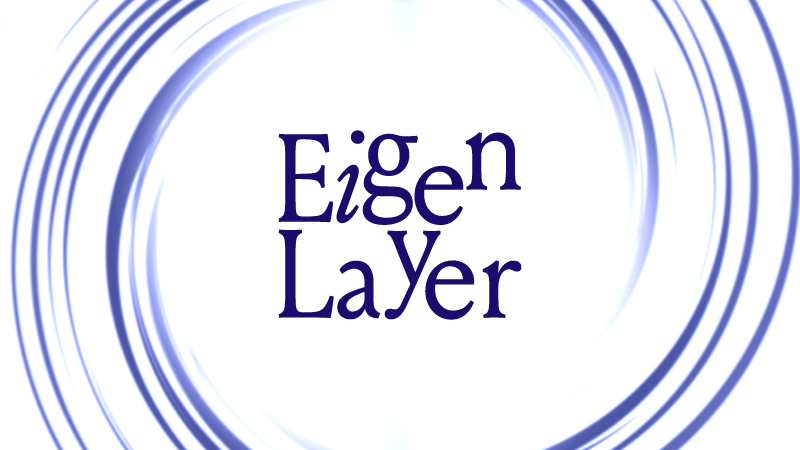Background on the Developments
In recent disclosures, two prominent Ethereum Foundation (EF) developers, Dankrad Feist and Justin Drake, have revealed that they have accepted advisory roles at EigenFoundation. This foundation supports EigenLayer, a pioneering “restaking” protocol designed to enhance the security and functionality of blockchain networks by allowing users to stake their crypto assets more flexibly.
Key Points of the Disclosures
Dankrad Feist’s Disclosure:
- Advisory Role: Feist has accepted a paid advisory position at EigenFoundation.
- Token Allocation: He will receive a significant allocation of EigenLayer’s new EIGEN tokens, although the exact number of tokens was not disclosed.
- Independence and Accountability: Feist emphasized that his role is personal and not representative of the Ethereum Foundation. He promised to remain critical and independent in his assessments of EigenLayer’s development and risks.
- Potential Risks: Feist acknowledged concerns about the systemic risks EigenLayer might pose, including the potential for centralization and the increased load on stakers.
Justin Drake’s Disclosure:
- Advisory Role: Drake also accepted an advisory role with a significant token incentive.
- Transparency and Reinvestment: He pledged to reinvest or donate his advisorship proceeds to worthy Ethereum ecosystem projects.
- Critical Stance: Drake stated his commitment to remaining critical of EigenLayer, particularly focusing on risks such as the erosion of solo validators and the potential overloading of Ethereum consensus.
Community Reactions and Ethical Concerns
Conflict of Interest Concerns: The advisory roles of Feist and Drake have sparked debate about potential conflicts of interest, given their influential positions within the Ethereum Foundation and the substantial financial incentives involved.
Transparency and Accountability: Both developers have been transparent about their new roles and the associated financial benefits. Feist and Drake have both pledged to maintain a critical stance towards EigenLayer and prioritize the interests of the broader Ethereum ecosystem.
Public Discourse: The discussions on platforms like X (formerly Twitter) have highlighted differing opinions. Some community members, like the crypto influencer Cobie, have raised questions about the ethics of accepting such roles and the potential for compromised judgment. Others have praised the transparency and commitment to accountability shown by Feist and Drake.
Implications for Ethereum and EigenLayer
Systemic Risks: The main concern revolves around the potential systemic risks EigenLayer could introduce to Ethereum. These include issues related to centralization and the additional operational burden on stakers, which could destabilize the network.
Potential Benefits: If managed with integrity and careful oversight, EigenLayer could bring significant benefits to the Ethereum network by enhancing its security and functionality through innovative restaking mechanisms.
Community Oversight: The transparency and promises of accountability by Feist and Drake highlight the importance of community oversight in maintaining the integrity and security of the Ethereum network. The community’s role in holding these developers accountable will be crucial in mitigating potential risks.
Conclusion
The acceptance of advisory roles at EigenFoundation by Dankrad Feist and Justin Drake has introduced significant debate within the Ethereum community regarding potential conflicts of interest and the systemic risks posed by EigenLayer. Both developers have emphasized their commitment to maintaining a critical and independent stance, with promises of transparency and accountability. As the situation unfolds, the Ethereum community’s vigilance and engagement will be key in navigating these developments to ensure the continued security and decentralization of the network.
